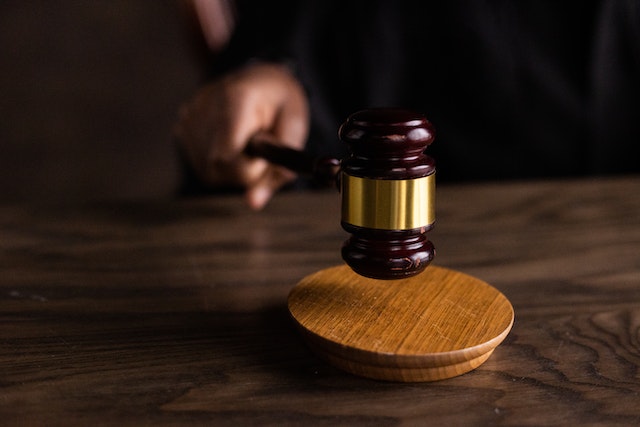
Juvenile crime is profoundly complex, especially as most states interpret criminal actions committed by children differently. Sometimes states assume children cannot understand the nature of crime and thereby cannot willingly commit crime. Other times, as in New York, there exist multiple different categories for children charged with juvenile crime, each category adjusted to the presumed capacity and needs of a child at a specific age. If your child has been accused of a crime, read on to learn how New York categorizes different crimes committed by different age groups. Please ask a New City, New York juvenile crime lawyer to guide you through this tricky process.
In New York, a Juvenile Delinquent is a child between the ages of 12 and 15 who commits a criminal offense. The offense itself is called a delinquent act. If a 16- or 17-year-old is charged with a misdemeanor or a felony that is no longer adjudicated by the Criminal/Supreme Court of New York, that child is also considered a juvenile delinquent. Cases involving Juvenile Delinquents are heard in Family Court.
A Juvenile Offender is a child between 13 and 15 who commits a gravely serious felony. If found guilty, a juvenile offender faces more severe penalties than a Juvenile Delinquent would. Juvenile offender charges are typically heard in the State Supreme Court, but may sometimes be transferred to Family Court as well.
An Adolescent Offender is a child aged 16 or 17, considered a minor in nearly every other aspect of the legal process, but able to be charged as an adult in New York for potential felony offenses. Under New York’s relatively recent Raise the Age law, 16- and 17-year-old children start their cases in the Youth Part of the Supreme Court or County Court before judges from Family Court.
An Adolescent Offender’s case may be transferred to Family Court entirely. If so, and if the child is found guilty, the child would be considered a Juvenile Delinquent instead. This is possible if the child has been charged with a non-violent felony. (In non-violent cases, the District Attorney may request that, due to “extraordinary circumstances,” the child not be transferred.) A child’s case may also be transferred from the Youth Part to Family Court even if the child was charged with a violent felony, so long as the defendant did not display a deadly weapon, did not cause significant injury, and did not engage in unlawful sexual conduct. (If the case does involve the above three elements, then it cannot be transferred to Family Court without the District Attorney’s approval.)
As we can see, children face a judicial system as complicated, if not more complicated, than what adults encounter. Courts add different concepts and classifications in an attempt to create a fairer system for both the unique needs of children and the safety of the public. Although this can be helpful for many children and families in dire situations, it also creates a system that feels difficult to understand. Talk to us today if your child has been charged with a crime, and we will do everything possible to have it dismissed.
© 2024 The Law Office of Kevin T. Conway. All rights reserved.